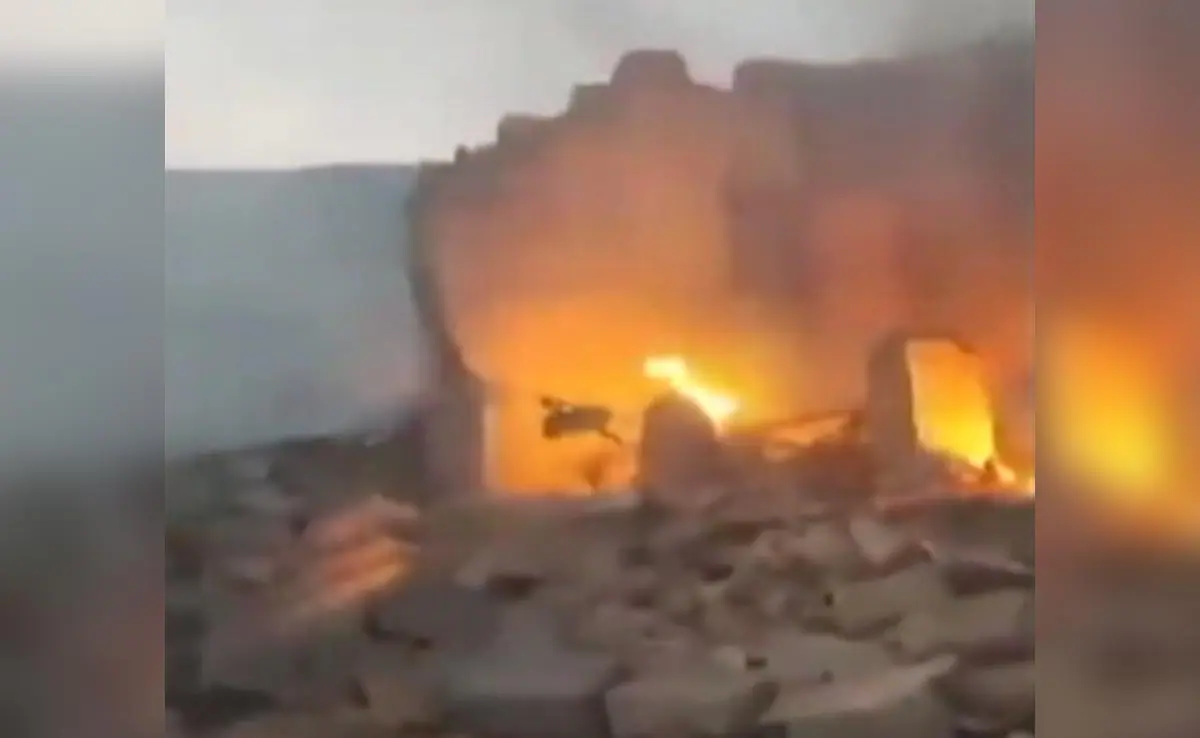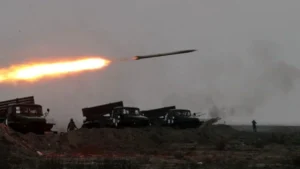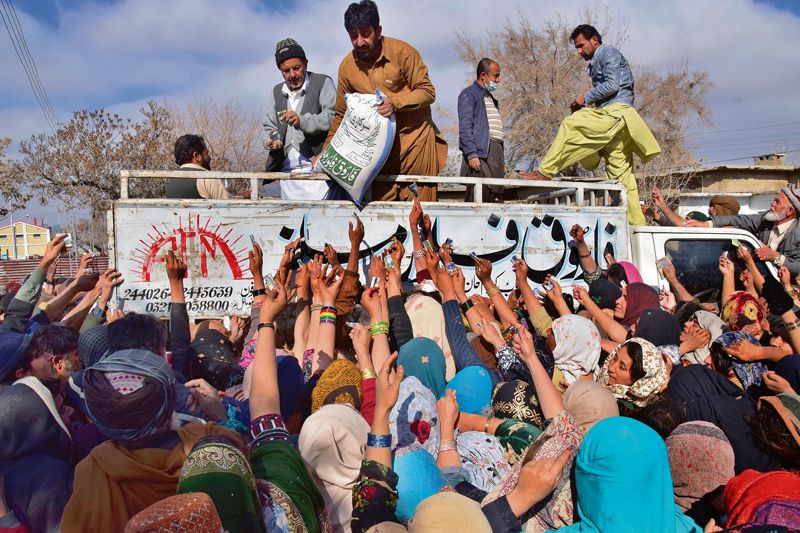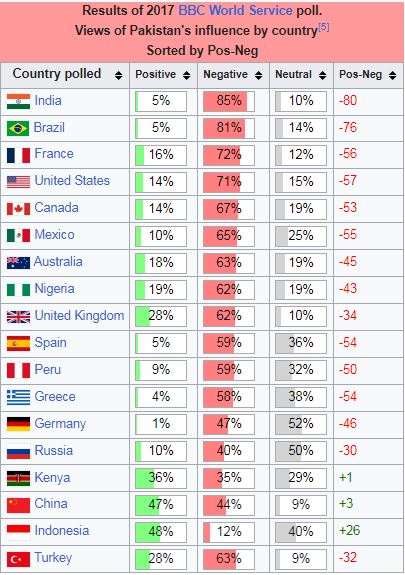Pakistan strike Iran: What it will Cost to Pakistan in Future
The Middle East is in a war crisis. Missiles are being launched and anti-terrorist groups are being targeted and killed. Due to this Red Sea transport has been affected. European countries are on the verge of high inflation. Amidst of all this, Iran attacked Pakistani territory. In response to that Pakistan strike Iran soil due to which Pakistan might be in trouble.
Brief Overview of the Dispute
On Tuesday Iran fired destructive missiles in Balochistan. When asked, the Iranian Foreign Minister Hossein Amir Abdollahian said, the target was the Jaish al-Adl group. Which Iran describes as an Iranian terrorist group and holds it responsible for the mishappening on going in Iran. After the attack in Iran’s Rask city in the southern province of Sistan Baluchistan, its government became active.
Iranian Foreign Minister clarified that Iran respected Pakistan’s united territory; however, it would not take Iran’s National security matters lightly. Pakistani Officials were not satisfied with this statement. The strike in Pakistan’s territory killed 2 girls and 3 other family members injured. Along with that, 3 houses and a mosque was damaged.

Pakistan strike Iran
Just a couple of hours ago, Pakistan strike Iran with violent military attacks in the Siestan-o-Baluchistan province of Iran. That has claimed to kill terrorists along with 7 people including 4 children. The targeted place was the hideouts of the terrorists in Iran. Pakistan’s Foreign Ministry has called Iran a ‘brotherly Country’. In the statement they said, Pakistan strike Iran to protect the national security of Pakistan against all dangers.
Pakistan also shared reports that claimed the presence and doings of these terrorists in the region. The ministry added on saying that we have informed the Iranian government that our Ambassador will return. Including that the Iranian Ambassador to Pakistan is not welcome for the time being. They also made it clear that all essential visits between Iran and Pakistan are called off.
This dispute is a matter of great concern for Pakistan. Previously if we look at Iran and Pakistan’s relations, they were undoubtedly at a commendable level. The Iranian government helped Pakistan during the Indo-Pakistan War in 1965 and again in 1971. They both were together against the Eastern Bloc and also formed the anti-communist alliance against CENTO. Again after 2020, Pakistan stood by Iran’s side to promote peace and stability in Afghanistan. This was after the US called its troops back and the Taliban was back in power.

Behind the Veil Dispute Shia VS Sunni
These attacks could be more than what’s being shown. Iran’s 95% population is Shia while Pakistan’s 90% population is Sunni. In the world, most of the Muslim population is Sunni including the UAE. The largest Shia population is in Iran and the second largest Shia population is in Pakistan with 10 to 15% Shia population. These 2 main groups generally agree upon most of their religious practices and faiths. However, they do have a disagreement that dates back to some 14 centuries.
After and during the 20th century the two groups fought in bloodshed to be superior and be the leaders and representatives of the Muslim community. After Muhammad died in 632, the Sunni group wanted Abu Bakr as Muhammad’s successor while the Shia groups believed it should be Ali Ibn Abi Talib. The disagreement spread to different regions of the Muslim population. Resulting in the Battle of Jamal and the Battle of Siffin. After the Battle of Karbala, the dispute from this disagreement became much worse.
Therefore the target attack from Iran was not just ‘terrorists’ but rather the ‘anti-Iran Sunni’ terrorist group. In response, Pakistan strike Iran to target the ‘anti-Pakistan Shia’ terrorist group. As per analysts, Pakistan is intentionally creating the Shia-Sunni dispute with a clear goal of proving itself as a leader of the Muslim community in the UAE. But evidently, the Arab world will not accept it because of Pakistan’s terrorist activities and poor economy with no vision of growing.
Current and Future problems Pakistan will face
Currently, Pakistan is also burdened with economic crises and extreme political instability. There was a no-confidence vote against the Ex-Prime Minister of Pakistan, Imran Khan. This movement was initiated by the opposition that threw Imran Khan out of his office. On Aug 5, Imran Khan was arrested for selling state gifts charges worth $2 million. Upon his arrest, protesters created havoc across the city. Imran Khan himself denied any allegations made against him; however he was released on 29 Aug.
Pakistan’s inflation rate is making higher highs year on year plus failing to pay its 1.2 billion dollars of debt. China no more looks forward to generating any returns from its investments in Pakistan. Pakistan is very low on its forex reserves, unemployment rate at peak. Furthermore, Pakistan has to pay back $71 billion by 2025. Which certainly cannot happen if the economy runs like this.

In addition, Pakistan’s population in the Singh region lives under open skies. Including other millions of people dislodged from their homes due to destructive floods. Fortunately, the Foreign Minister of Pakistan and the Minister for Climate Change handled the situation accordingly. The visited US twice to ask for help and received a promise of $ 9 billion over the next 3 years.
Furthermore, the Pakistani Taliban has caused the deaths of thousands of people in the region. This group is said to have relations with the Afghan Taliban. They have repeatedly made 150 attacks in last year in mostly the northern part of Pakistan. The state of Pakistan has persistently tried to negotiate with TTP but proved to be inadequate. The TTP opposes the current state and government of Pakistan..
Majority of the nationals in the world don’t like Pakistan. People use different terms like Pakistan-Phobia, Pakophobia, and Pakistanophobia to refer to Pakistan. They describe the hatred, malevolence, and fear for Pakistan due to its misdoings on the world. Saudi Arabia, France, and Brazil are all examples of the major countries that despise Pakistan.
Below is a table of BBC World Service’s influence on Pakistan in 2017.

Future Problems for Pakistan
God forbid, if the war goes on the only people suffering will be the population of Pakistan. Before the dispute, the Pakistani population was already struggling with floods. Many people were displaced living under open skies. If the war gets worse, infrastructural damage in Pakistan will be at its peak. As the economy is already suffering, the government doesn’t even have money to repair and rebuild its country. Pakistan solely relies on loans from other countries. Which also soon run out.
When a fight between 2 countries happens, the main damage it does is to the investments and other economic activities going on in the country. Investors lose confidence withdraw their working capital and suspend all projects. Just like China lost hope of making any returns from Pakistan. However, this could get worse, as countries like the US will stop giving loans to Pakistan. Most companies in Pakistan are owned by the military. It spends 80% of its GDP on the military, national security, and lavish lifestyles of generals. This is utterly senseless because a government cannot be spending anywhere else if its population is suffering.
Pakistan’s currency is already weak and one of the world’s weakest currencies. Per se the situation gets worse, the Pakistani rupee will fall significantly from what it already is low. As already inflation is ongoing, the price of goods and services will rise by far. As a result, more people will come below the poverty line.
Iran’s GDP stands at over 1 trillion and holds 10% of the world’s oil. Iran’s economy is quite strong and can afford to pick a fight with Pakistan after the Pakistan strike Iran. However, this is not the case with Pakistan.
This fight will prove to be costly for Pakistan and it will gain nothing. Its image for the rest of the world will become worse. Normally people pass comments like; They don’t have money to eat even and they want to pick a war.
